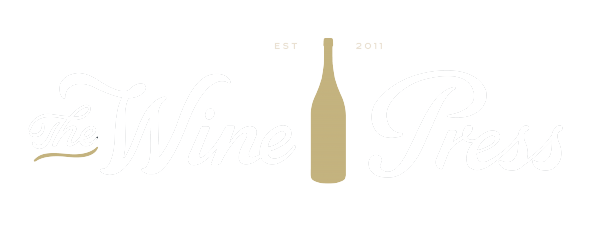Book Club Part 1
Each day we taste and spit, re-stock and answer questions from inquiring customers. But in our free time we are often consumed by articles, blogs, and books about food and wine. On a few occasions, customers have asked us about the kinds of things we read. So consider this Volume 1, a peek into our bookshelves, perhaps you’ll be inspired to take a trip to your local used bookstore and pick up one of our favorites.
An Alphabet for Gourmets by MFK Fisher
An Alphabet for Gourmets is a collection of essays built upon the ABCs, masterfully written by MFK Fisher. She uses each letter to highlight her chosen subject, or not. Some chapters have little to do with their respective titles and serve instead as an outlet for Fisher to discuss whatever she pleases.
“S is for Sad… and for the mysterious appetite that often surges in us when our hearts seem to break and our lives seem too bleakly empty. Like every other physical phenomenon, there is always good reason for this hunger if we are blunt enough to recognize it.”
Other favorite chapters include…
D is for Dining Out
G is for Gluttony
O is for Ostentation
X is for Xanthippe
The Physiology of Taste by Jean Anthelme Brillat-Savarin
Originally published in 1825, this work is for the philosophers among you. He is, of course, also the author of the famous quote, “Tell me what you eat, and I will tell you who you are.” While it can veer into dense terrain (it was written by a lawyer you know), Brillat-Savarin’s breakdowns of essential gastronomical topics gets your hamster wheels turning in a way few works can. Chapter 28, A Meditation on Restaurateurs, is a favorite.
“In general, all foods which are mildly excitant make us dream: among such are the red meats, pigeons, duck, venison, and especially hare. This quality is also recognized in asparagus, celery, truffles, highly flavored candies, and especially vanilla.
It would be a great mistake to believe that we should vanish from our tables whatever is thus troubling, for the dreams which result are in general very pleasant and light, and may prolong life even when it seems to be suspended and least real.”
A Moveable Feast by Ernest Hemingway
I re-read this book every summer as slowly as I can. Hemingway’s economy of phrasing demands your attention. You can’t help but be pulled into every scene, each table he sits at. You can practically hear glasses clinking as you dream of joining him in the many cafés of Paris.
“At the Nègre de Toulouse we drank the good Cahors wine from the quarter, the half, or the full carafe, usually diluting it about one-third with water. At home, over the sawmill, we had a Corsican wine that had great authority and a low price. It was a very Corsican wine and you could dilute it by half with water and still receive its message. In Paris, then, you could live very well on almost nothing and by skipping meals occasionally and never buying any new clothes, you could save and have luxuries.”
